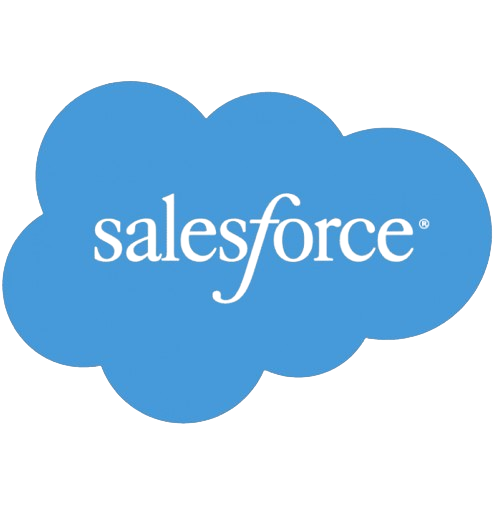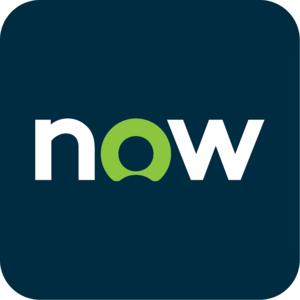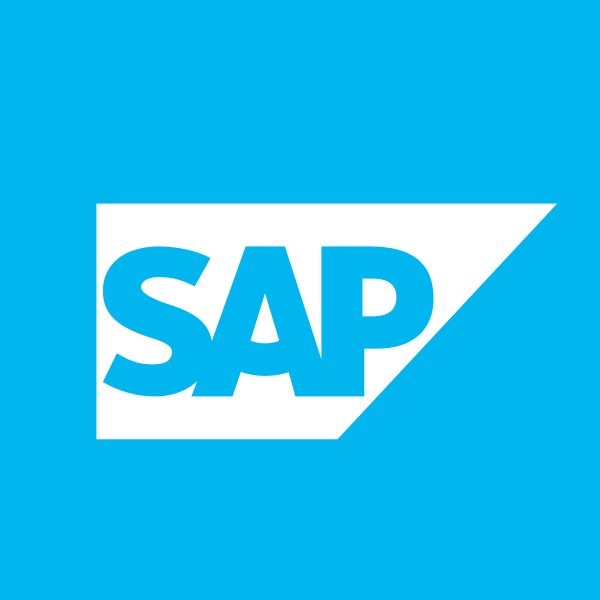How Salesforce Einstein GPT is Reshaping Work Processes?
Updated on March 3, 2026
In recent years, the integration of AI and natural language processing (NLP) has brought forth transformative solutions for businesses across various industries. One such groundbreaking development is Einstein GPT, a powerful tool that combines Salesforce’s robust platform with OpenAI’s advanced GPT model. Einstein GPT has the potential to revolutionize the way we work by introducing intelligent automation and enhanced communication capabilities. In this blog, we will delve into what Einstein GPT is and explore how it can transform workflows in sales, service, marketing, Slack, and developer environments.
What is Salesforce Einstein GPT?
Einstein GPT combines public and private AI models with CRM data so that users can ask natural-language prompts (i.e. conversational questions) directly within Salesforce CRM. The result? AI-generated content is delivered that continuously adapts to changing customer information and needs – hugely time-saving for users.
What do we mean by public and private AI models? Einstein GPT infuses:
- Salesforce’s private AI models are those developed by Salesforce, which are leveraged by customers using features from the Einstein technology layer.
- Thanks to the Salesforce and OpenAI partnership, providing out-of-the-box generative AI capabilities to companies through direct access to OpenAI’s enterprise-grade ChatGPT technology.
- As Einstein GPT is open and extensible, you can use it alongside your own external model/s.
Data is being pumped into these models, in real-time, from Salesforce ‘clouds’, and the Salesforce Data Cloud (Genie) to ingest, harmonize, and unify all of a company’s customer data.
How Einstein GPT Can Transform the Way We Work:
1. Einstein GPT for Sales:
Sales teams face numerous challenges when it comes to engaging prospects, generating leads, and closing deals. Einstein GPT can provide valuable support by assisting in research and discovery, content generation, document creation, and data analysis. By leveraging Einstein GPT, sales professionals can gather relevant information quickly, craft personalized messages, create dynamic documents, and extract actionable insights from large datasets. This enables sales reps to work more efficiently, deliver more informed pitches, and improve overall productivity.
2. Einstein GPT for Service:
Customer service plays a crucial role in maintaining strong customer relationships. Einstein GPT can enhance service workflows by powering AI-driven chatbots and virtual assistants. These intelligent bots can offer accurate and personalized responses to customer inquiries, automate routine tasks, and provide self-service options. By leveraging Einstein GPT, service teams can improve response times, enhance customer satisfaction, and free up resources to focus on complex customer issues.
3. Einstein GPT for Marketing:
Marketing teams constantly strive to create engaging content, deliver targeted campaigns, and drive conversions. Einstein GPT can be a game-changer in this domain, enabling marketers to generate high-quality and personalized content at scale. Whether it’s social media messages, email campaigns, or blog posts, Einstein GPT can assist in crafting compelling copy that aligns with branding guidelines and maximizes customer engagement. This empowers marketers to optimize their efforts and deliver more impactful campaigns.
4. Einstein GPT for Slack:
Collaboration platforms like Slack have become central to modern workplaces, enabling teams to communicate, share files, and collaborate seamlessly. Einstein GPT can elevate Slack’s capabilities by providing intelligent assistance within the platform. From suggesting responses to queries and automating repetitive tasks to searching for relevant information and providing insights, Einstein GPT can enhance productivity and streamline workflows for teams using Slack as their primary communication tool.
5. Einstein GPT for Developer:
Developers often face challenges in coding, documentation, and problem-solving. Einstein GPT can assist developers by providing code suggestions, generating code snippets, and offering documentation recommendations. It can also help in troubleshooting common errors and providing insights into best practices. By leveraging Einstein GPT, developers can accelerate their coding process, enhance code quality, and streamline their development workflows.
What the Future Holds:
As AI technology continues to evolve, we can expect further advancements and integrations with Einstein GPT. In the future, we may see expanded capabilities of Einstein GPT across various Salesforce clouds, including Service Cloud and Marketing Cloud, enabling seamless collaboration and automation across different teams. Moreover, as AI models become more sophisticated, the accuracy and responsiveness of Einstein GPT are likely to improve, making it an even more invaluable tool for businesses.
In conclusion, Einstein GPT represents a significant milestone in the integration of AI and NLP with the Salesforce platform. It has immense potential to transform workflows in sales, service, marketing, Slack, and developer environments. It can enhance productivity, improve customer experiences, and drive business growth. By using Einstein GPT, businesses can work smarter, automate tasks, and empower teams to focus on high-value activities. Looking ahead, the future possibilities of Einstein GPT and AI technology in the world of work are exciting.






